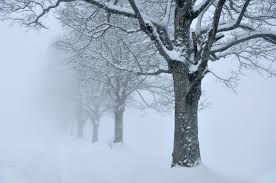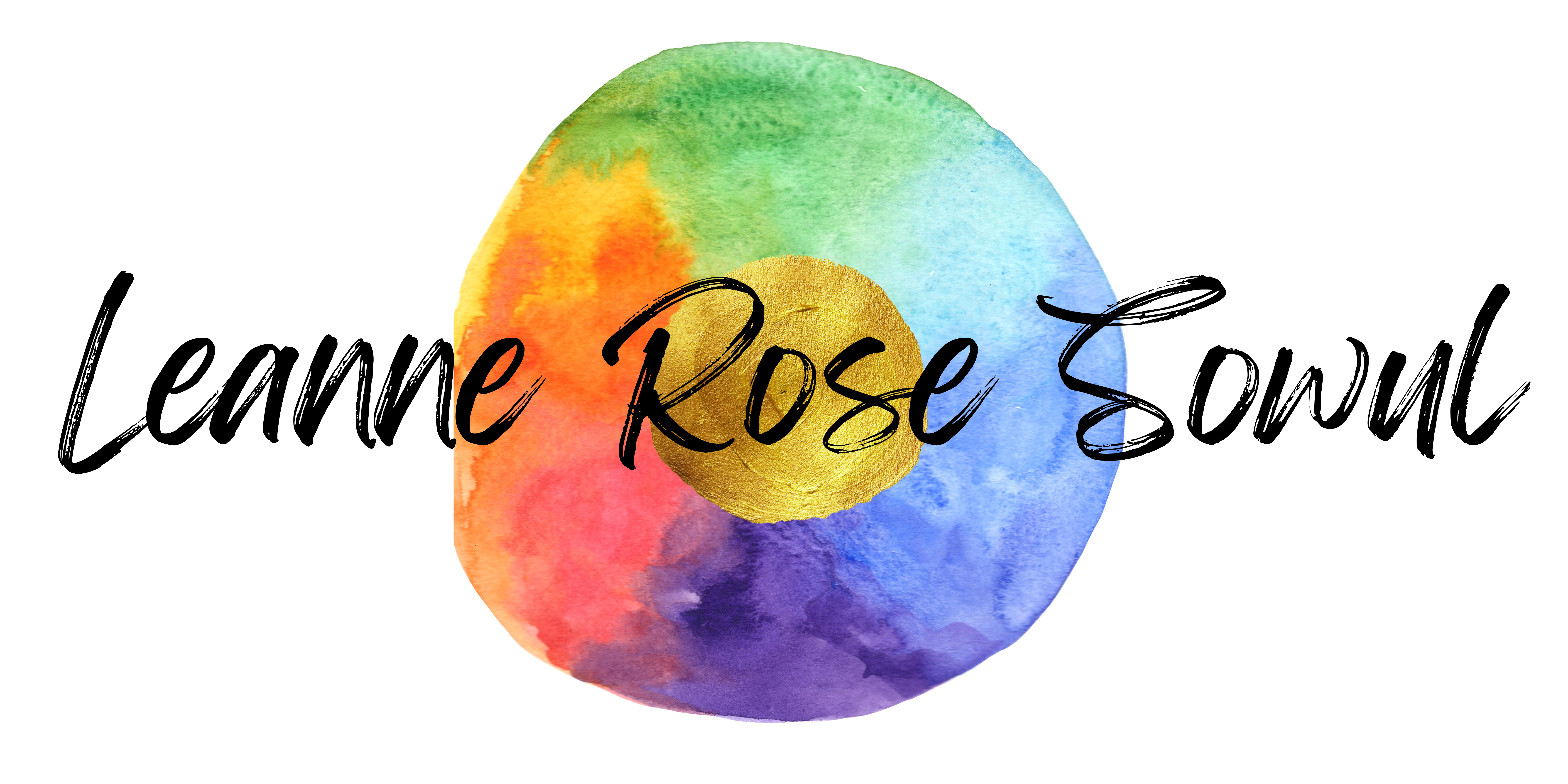 This past weekend was a very exciting time for downstate New Yorkers. We went to bed on Saturday night after a small snowstorm kept us housebound all day, then woke on Sunday morning to the breaking news that another storm was coming on Tuesday. This was no typical snowstorm; it was already being forecast as a blizzard. Nay, not just a blizzard, but the blizzard of the century: JUNO. It was being compared to the super-storm of ’93, which (as I recall) kept us out of school for nearly a week that winter.
This past weekend was a very exciting time for downstate New Yorkers. We went to bed on Saturday night after a small snowstorm kept us housebound all day, then woke on Sunday morning to the breaking news that another storm was coming on Tuesday. This was no typical snowstorm; it was already being forecast as a blizzard. Nay, not just a blizzard, but the blizzard of the century: JUNO. It was being compared to the super-storm of ’93, which (as I recall) kept us out of school for nearly a week that winter.
As Sunday wore on, we were glued to our televisions and weather apps, hungry for more information. We were told to gas up our cars, go to the ATM, and stock up on groceries: it was going to a long storm, and there was no way of knowing how severe the damage would be and how many houses would lose power. Schools began closing on Sunday night. Other schools had early dismissals on Monday. We holed into our houses, both hoping for and praying against the worst.
And then we woke up on Tuesday morning and…. there was nothing. Well, not nothing, but certainly not a blizzard. Not even a serious storm. We had a few inches, and some blowing snow later in the day to justify the school closures, but nowhere near what had been forecast. At the last minute, the heart of Juno had moved about 100 miles east, to pummel our New England neighbors.
This is reality: sometimes the facts point us one way, and the story goes another way. But that’s not what we want in fiction. If this were fiction, the story wouldn’t have ended with a disappointing minor snowfall. If this were fiction, that blizzard would have been even bigger and stronger than forecasted. Grocery stores would have run out of food. Cars and trucks would have been stranded. Thousands of homes would have lost power. Snow would have piled up higher than the front door. If we were writing this story, it would have to end that way. Why? Because we’d built it up. Because the stakes had risen higher and higher with each forecast. Because it was expected. The reader deserved that climax, and if this were fiction, they would have to get it. That’s lesson #1 of “Blizzard” Juno: if you’re going to build to a climax, that climax better deliver.
There’s another lesson to be learned here. The State of New York, from the governor to the meteorologists to the power companies, handled the preparations for the storm exactly right. They made sure the information was available, the crews were in place, and the state of emergency declared. They erred on the side of caution, and the data supported that caution. And it all led to nothing but wasted tax dollars. It wasn’t their fault; their preparations were textbook. The only problem was that the heart of the storm wasn’t where it should have been. And that’s lesson #2 of “Blizzard” Juno: if the heart of your story is missing, you don’t have a story. You can plan and plot and know your characters, but if you lose the heart- or if your own heart isn’t in it- your story will miss its mark.
(Put your email in the subscription box now so you don’t miss anything on this blog!)
